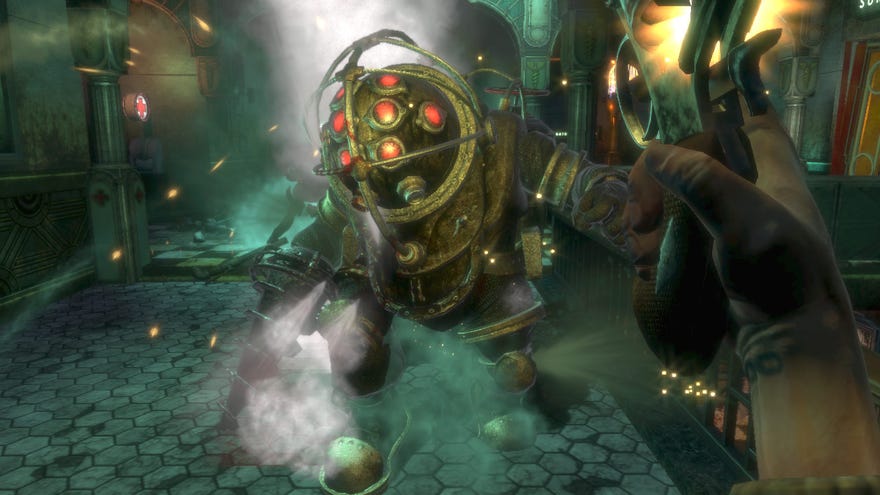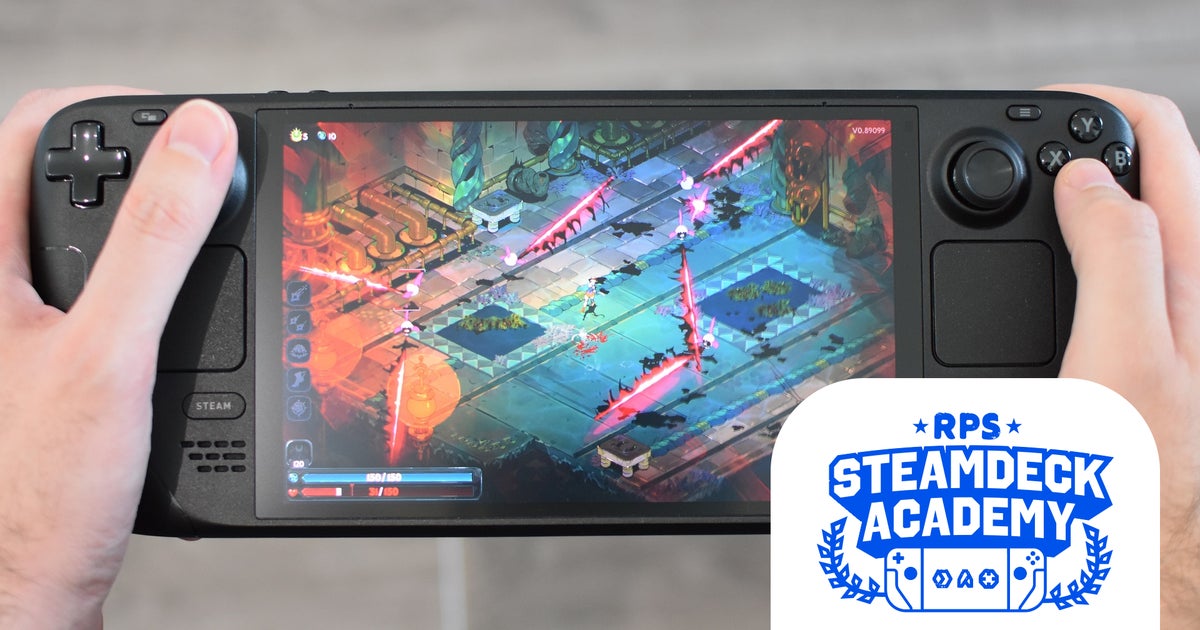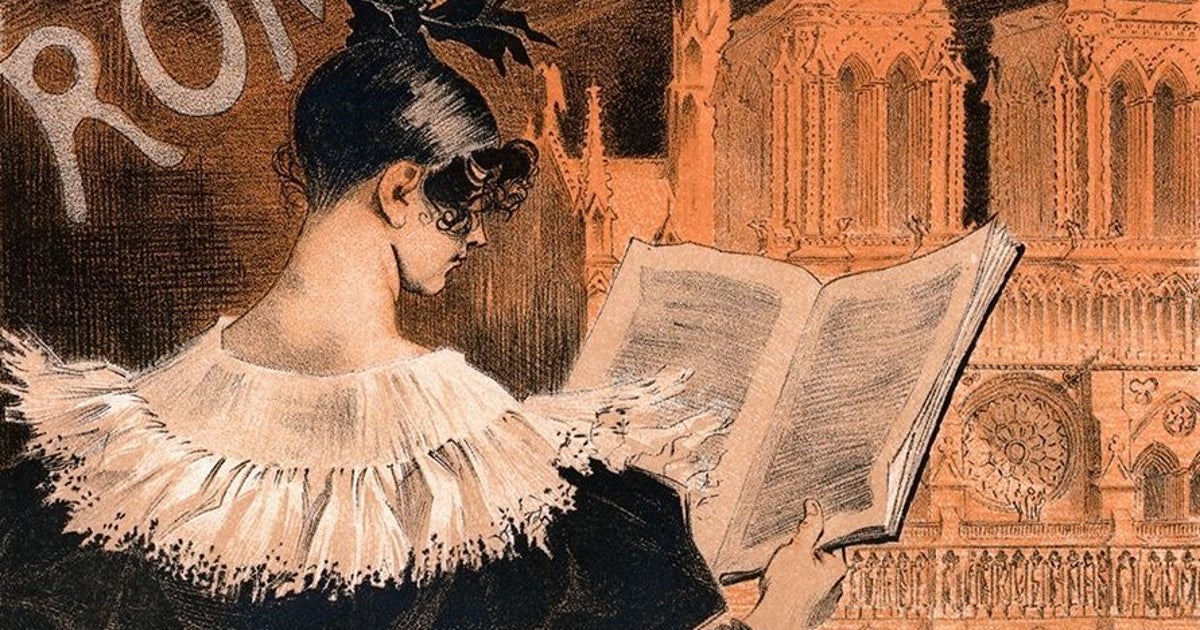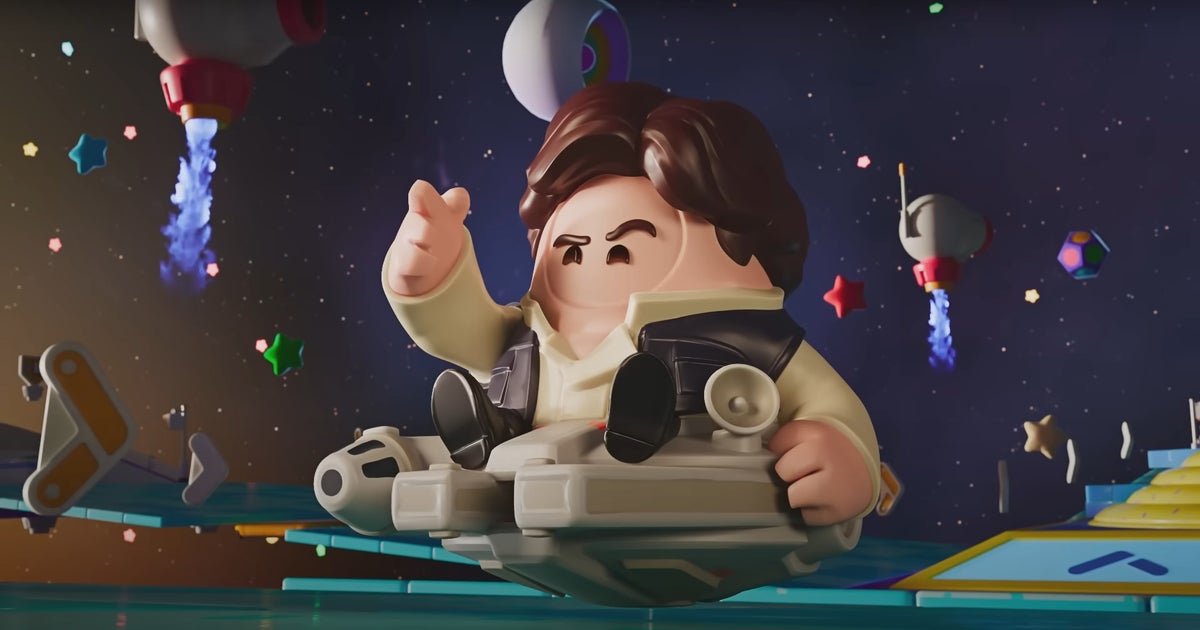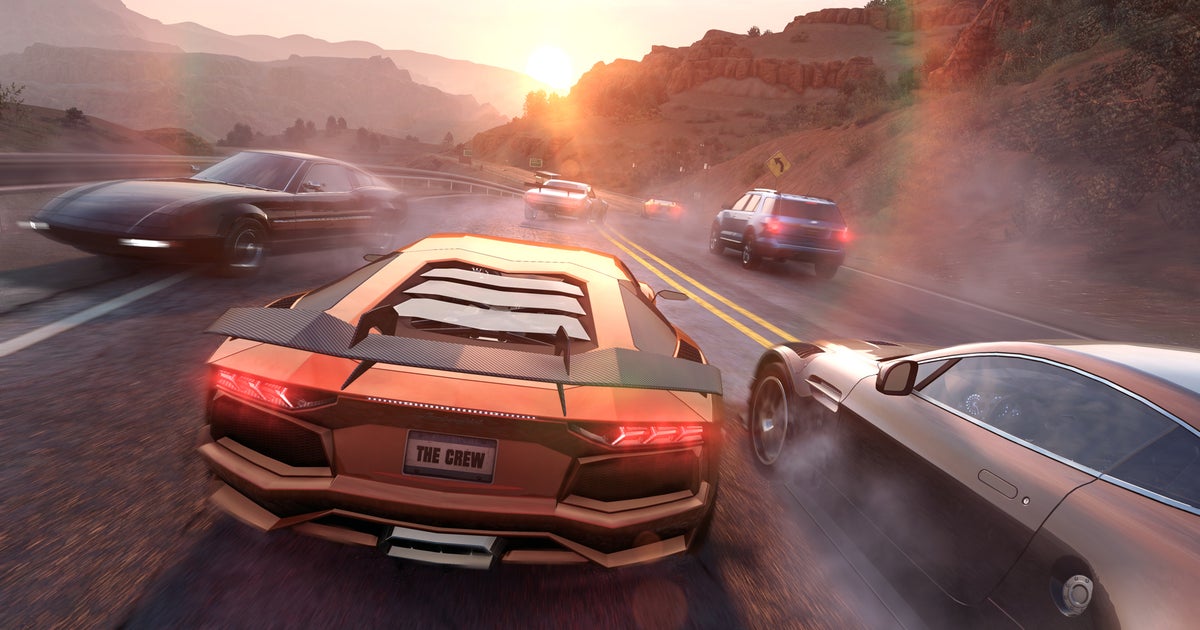This year's Game Awards ceremony garnered a lot of justified criticism for the way it rushed winning developers off stage in favour of adverts, rambling conversations with Hideo Kojima, and celebrity cameos from the likes of Timothée Chalamet.
Obsidian's Josh Sawyer was right when he called it an "embarrassing indictment of a segment of the industry desperate for validation via star power". Yet I still can't help but also see the Game Awards as something else: a sign of progress. That's because I remember the Spike Video Game Awards from 2007, which remains the nadir of both the games industry specifically and popular culture in general.
Produced by Geoff Keighley, the Spike Video Game Awards took place each year from 2003 until 2013. It was the predecessor to the current Game Awards, which Keighley began in 2014 after Spike dropped their support.
If you thought the celebrity appearances in the Game Awards 2023 were gratuitious, then you're going to be knocked out cold by the Spike years. The 2007 edition was hosted by Samuel L. Jackson, who opened the show with jokes about STDs and Britney Spears, before the first award, "Hottest Newcomer", was presented by two actors from MTV series The Hills to Kristen Bell for her appearance in Assassin's Creed.
The rest of the show continues in the same vein, with nearly every actress who appeared on a show on The CW in the mid-00s in attendance, and appearances by Tila Tequila, Criss Angel, and a musical performance from Kid Rock.
If you remember the 2007 awards at all, it's probably for the way they end, however. Rachel Bilson (from The OC) and Hayden Christensen (from Jumper) arrive to reveal the winner of Game Of The Year. It goes to BioShock, but as Ken Levine steps up to collect the award (a statue of a smoking monkey), the stage is rushed by the founders of shortlived video game publisher Gamecock in capes and rooster hats, who grab the microphone to promote their company. Levine never gets a chance to speak.
This caused controversy at the time. How dare those Gamecock jokers deny Levine - then-poster boy for video games' growth as a serious medium - his moment in the sun? Gamecock CEO Mike Wilson apologised in the days after the show (and then sell Gamecock and co-found Devolver Digital with the same partners the following year - quite the glow up).
What caused less controversy than it should have at the time was everything else happening onstage at that same moment. I've buried the lede here. Back at the start of the show, Samuel L. Jackson explained that in 2007, the winners in each category of the Spike VGAs would be revealed via the medium of mostly-naked women covered in body paint. "And the winner is... all of us," he quips. So what actually happened when Game Of The Year was announced is that Rachel Bilson said "And the winner is...", and then the camera crash-zoomed onto a woman's breasts with the BioShock logo painted across them. Then someone wearing a full Big Daddy costume stomped on stage. Then Gamecock grabbed the mic - in their red costumes, somehow only the third tackiest thing happening on stage.
When Levine is ushered away a few moments later, alongside the Big Daddy and the women, Jackson re-emerges. "Let's give it up for the prettiest envelopes in award show history," he says, as a procession of all the show's body-painted women come back out on stage. (No one comes out of this thing looking good and Jackson obviously didn't write his own script, but he did host the VGAs four times, seemingly undeterred.)
Levine is no longer the poster boy, and BioShock is no longer the thinking-person's blockbuster, but it's easy to look back at this single moment and build a narrative around a games industry going through growing pains. Here was "the Citizen Kane of games", as people who had seen precisely one movie called it, being debased via contact with mainstream perceptions of the medium.
That narrative doesn't really survive contact with reality - in which there was only minor criticism of the VGAs at the time, it would continue in the same vein for several more years (2008 had cheerleaders and zero developers onstage at any point), and the games and developers were frequently as crass as the production around them.
That the Game Awards has changed - from developers being prevented from speaking by men in rooster masks to being prevented from speaking by signs asking them to "Please wrap it up" - doesn't negate any of the criticism in 2023. That's not why I'm posting this now. I'm posting this now because it's awful, because it should be laughed at, and because if I can't forget it even after many years of trying then neither should you.
You can watch the 2007 Spike Video Game Awards on YouTube. Warning: it's not safe for work.

 4 months ago
101
4 months ago
101
